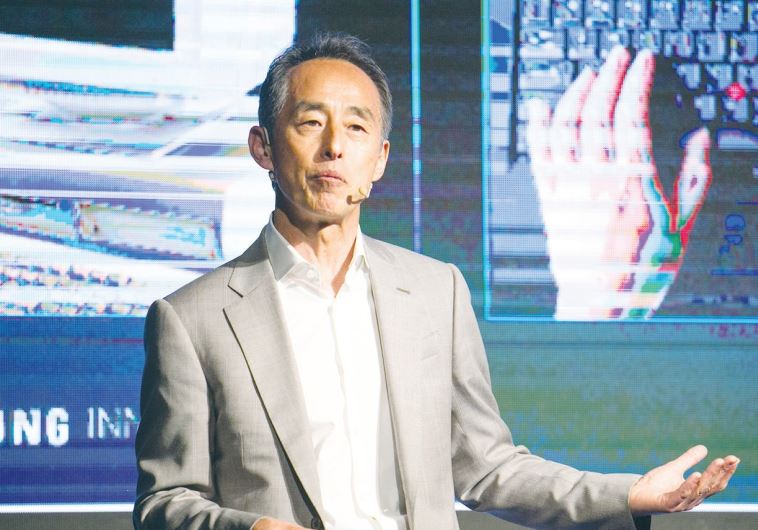Samsung president poised to ramp up investing in Israel
“We invest in Israel if we find in Israel, the best entrepreneurs, the best ventures that are out there globally in a certain area.”
 SAMSUNG PRESIDENT Young Sohn addresses the company’s summit conference in Tel Aviv.(photo credit: EREZ CHARODI/OSIM TZILUM)Updated:
SAMSUNG PRESIDENT Young Sohn addresses the company’s summit conference in Tel Aviv.(photo credit: EREZ CHARODI/OSIM TZILUM)Updated: